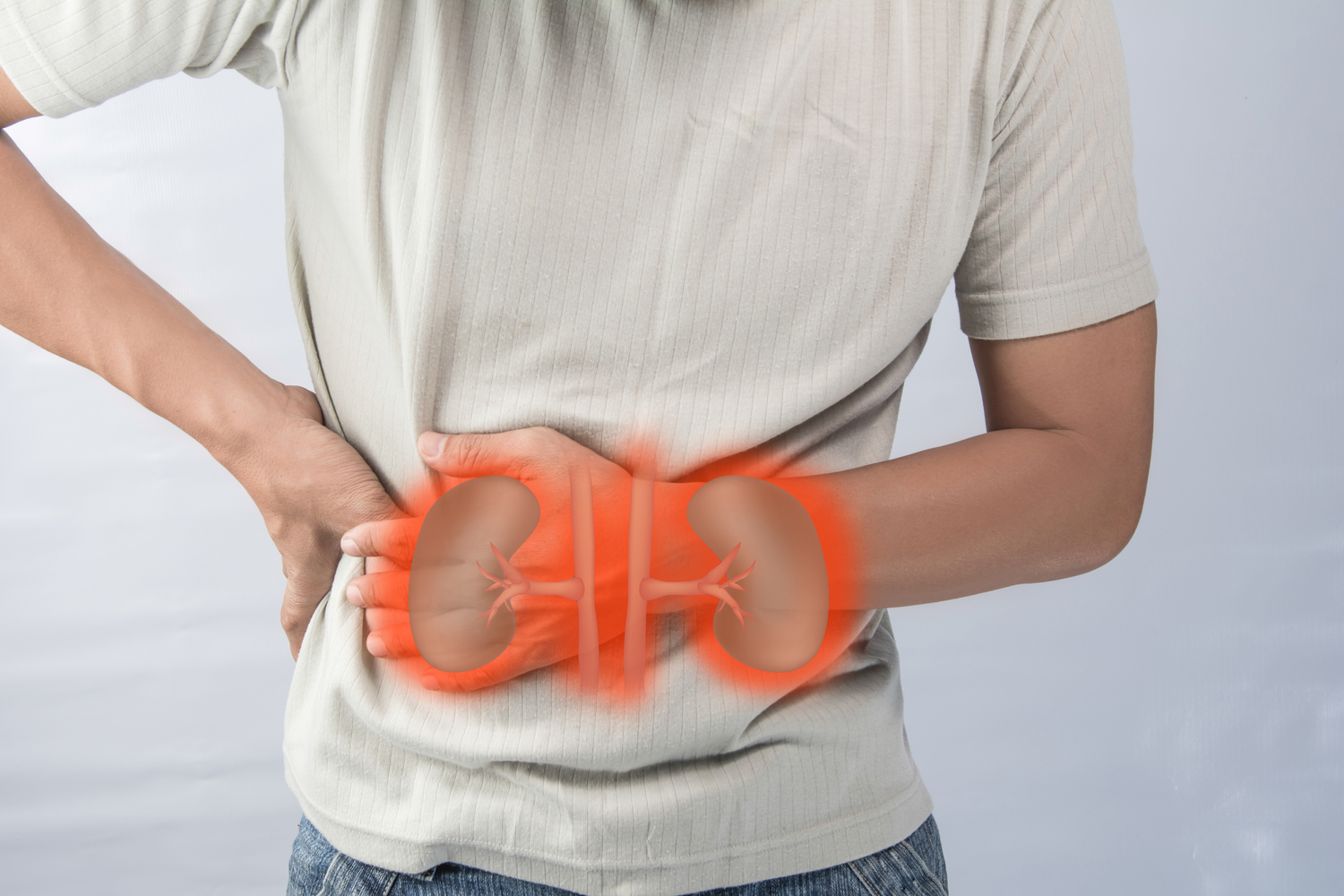
Common kidney disease and their signs
Kidney disease refers to any disorder or condition that has an adverse effect on the kidneys. Several kidney problems could be early signs of chronic or acute kidney disease. It means the type of kidney disease that could get worse over time and also lead to failure of kidneys. Finding and treating such problems is critical. One should know about their body and should be in contact with their health care provider. This all is done to prevent any bigger problems that could happen in future.
Some of the common kidney diseases are as follows:
- Alport Syndrome
- Diabetic Nephropathy
- Fabry Disease
- Focal Segmental Glomerulosclerosis
- Glomerulonephritis
- IgA Nephropathy (Berger’s Disease)
- Kidney Stones
- Minimal Change Disease
- Nephrotic Syndrome
- Polycystic Kidney Disease (PKD)
As we know, the only way to be sure that you have a kidney disease is to get tested. Here are some of the common symptoms that could help you identify whether you are suffering from any kidney disease or not.
More tiredness, less energy, and trouble in concentrating: Decrease in kidney function can lead to the building up of toxins and impurities in the blood. This could make a person weaker than before and can make it hard to concentrate.
Trouble in sleeping: Toxins stay in the blood rather than leaving the body, which makes it difficult for a person to sleep. A person could become obese and have chronic kidney disease as well as suffer from sleep apnea.
Dry and itchy skin: If a person has an urge to urinate more, especially during the night, then it might be a sign of kidney malfunctioning. This happens because the kidney filters might be damaged. It could also be a sign of urinary infection or an enlarged prostate (in men).
Blood in urine: Kidneys keep the blood cells in the body while filtering out waste. But when they get damaged, the blood cells could start leaking out into the urine. Blood in urine could also be an indication of tumors.
Foamy urine: Excessive bubbles in urine that require one to flush several times indicate protein in the urine. This could also be a major sign that one has contracted an infection and kidney disease.
Poor appetite: A very general symptom, but this could possibly mean a build-up of toxins resulting from reduced kidney function.
Cramping in muscles: Electrolyte imbalance like low calcium levels and poorly controlled phosphorus can result in impaired kidney functioning and are often indicated by muscle cramps.
Persistent puffiness around one’s eyes: Protein in urine is a major sign that indicates that the kidney filters have been damaged severely. The puffiness around eyes could be due to the fact that the kidneys are releasing way more proteins than they should. The less protein in the body causes puffiness.
In addition to all these, there is a condition called Acute Kidney Injury (AKI). It is seen as a very serious problem that could be life threatening as well! It could happen as a result of injury, infection, or even some medicines. So, watch out for the symptoms mentioned above and consult your doctor a the earliest.



